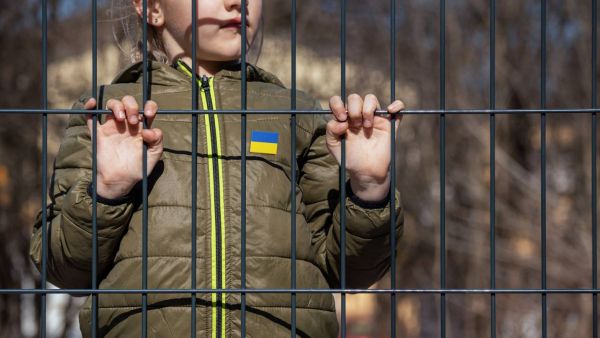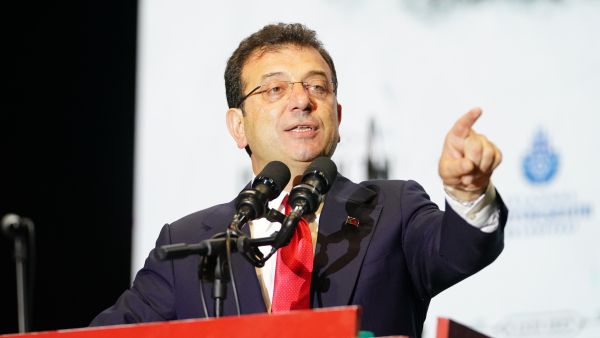A special report by the European Court of Auditors on migration hotspots was presented today in the European Parliament's committee on budgetary control. The report highlights the great progress made by Italy and Greece in receiving and hosting refugees and migrants, while emphasising the urgency of addressing the problems resulting from overcrowding in the hotspots. The S&Ds once again called on the member states to honour their commitments and step up relocation efforts.
S&D Group co-author of the Court of Auditors' special report on hotspots, Caterina Chinnici MEP, stated:
“The report by the European Court of Auditors highlights the challenges for the EU in managing the migration crisis, the response to which has often been inadequate. The biggest burdens are still on the countries where the migrants first arrive, especially Italy and Greece, who are forced to commit huge resources and staff to meet the reception needs.
Recent data from the International Organization for Migration show that over 100,000 migrants have already reached Europe since the beginning of the year; 85% have arrived in Italy and the rest in Greece. Currently, almost all migrants are registered in Italy and special care is taken to protect minors in hotspots through the presence of specialised workers. However, although financial assistance and support from Europol, the European Asylum Support Office (EASO) and Frontex is in place, it is still not sufficient to manage such a massive and constant migratory pressure.
In this situation, we believe that the financial rules for emergency aid should be applied to the Asylum, Migration and Integration Fund and to the Internal Security Fund. And above all, the financial resources allocated to the countries on the frontline need to be increased in order to improve the accommodation infrastructure. There is also a need to further extend child protection and services, especially for unaccompanied children, and strengthen EU support for national authorities fighting human trafficking, where children are often the first victims.”
S&D co-ordinator of the committee on budgetary control, Inés Ayala Sender MEP, added:
“Italy and Greece are under huge pressure to handle the increased flow of refugees and migrants. Relocation is taking far too long, resulting in thousands of migrants and refugees being stuck in dreadful conditions, hopeless and uncertain about their futures. Even more people are ready to flee their countries during the summer, risking their lives to reach to Europe. Member states cannot continue turning a blind eye to this.
However, notwithstanding the progress made in terms of reception and hosting capacity in Greece and Italy, huge problems exist, notably the lack of proper facilities. Hotspots and reception facilities are crowded. The Italian and Greek authorities need more help and solidarity from their EU partners if they are to cope with the difficulties.
The European Court of Auditors deemed that hotspots have proved effective in managing the flow of incoming migrants. Indeed, according its reports, Greece improved its registration rate from 8% in 2015 to 78% in 2016, while the registration rate in Italy for the same period improved from 60% to 97%. Despite the impressive figures, a hotspot approach is not and should not be the only EU response to the refugee crisis. Relocation and measures addressing the root causes of irregular migration are! We S&Ds will fight for a common European asylum system and greater solidarity among member states.”
Note to editors
Member states have committed to relocate 160,000 asylum seekers from Italy and Greece by the end of September 2017. However, so far only 18,000 have actually been relocated, just 11% of those originally agreed.
According to UNHCR data, approximately 50,000 asylum-seekers are waiting in Greece to be relocated by September 2017 to other member states where their applications would be processed.
Related content
Find out more








